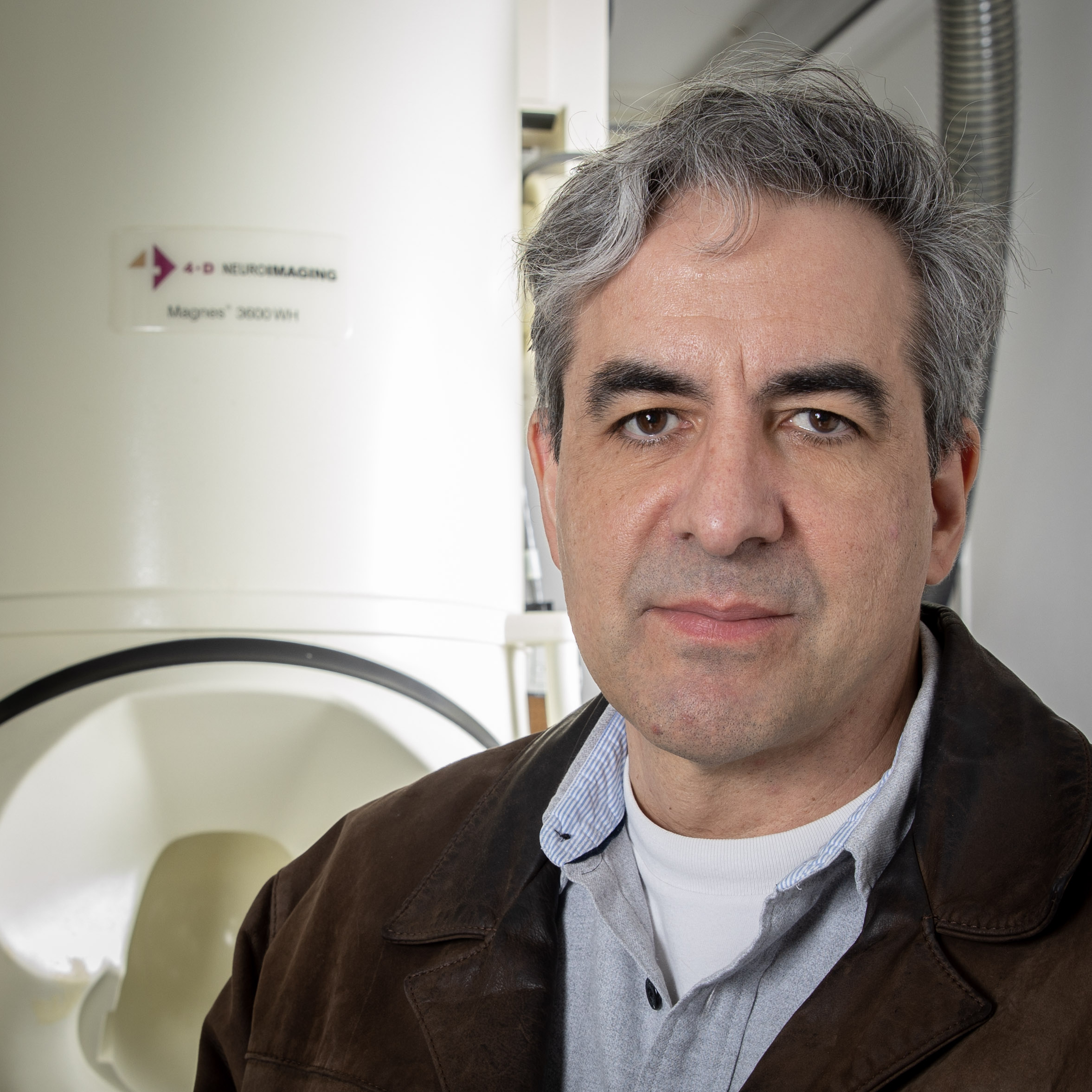Giuseppe Pellizzer, PhD
 Principal Investigator, Brain Sciences CenterBrain Sciences Center (BSC)
Principal Investigator, Brain Sciences CenterBrain Sciences Center (BSC)
Associate Professor, Neuroscience, University of Minnesota
Research Health Scientist , Minneapolis VA Medical CenterVA Medical Center (VAMC)
Education
PhD, Faculty of Psychology and Educational Sciences, University of Geneva
MA, Faculty of Psychology and Educational Services, University of Geneva
BA, Faculty of Psychology and Educational Services, University of Geneva
Specialty/Focus
Spatial cognition; motor planning and control
Publications
Pages:
1January 2019 through March 2009 •
2October 2008 through November 1995 •
3August 1995 through January 1992Functional Magnetic Resonance ImagingFunctional Magnetic Resonance Imaging (fMRI)A functional neuroimaging procedure using MRI technology that measures brain activity by detecting changes associated with blood flow. This technique relies on the fact that cerebral blood flow and neuronal activation are coupled. When an area of the brain is in use, blood flow to that region also increases.[citation needed] The primary form of fMRI uses the blood-oxygen-level dependent (BOLD) contrast, discovered by Seiji Ogawa. This is a type of specialized brain and body scan used to map neural activity in the brain or spinal cord of humans or other animals by imaging the change in blood flow (hemodynamic response) related to energy use by brain cells. Since the early 1990s, fMRI has come to dominate brain mapping research because it does not require people to undergo shots, surgery, or to ingest substances, or be exposed to ionising radiation, etc. of mental rotation and memory scanning: a multidimensional scaling analysis of brain activation patterns Brain Research Reviews (1998, January) Tagaris GA, Richter W, Kim SG, Pellizzer G, Andersen P, Ugurbil K, & Georgopoulos AP
Principal Investigator, Brain Sciences CenterBrain Sciences Center (BSC)